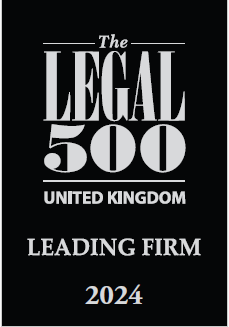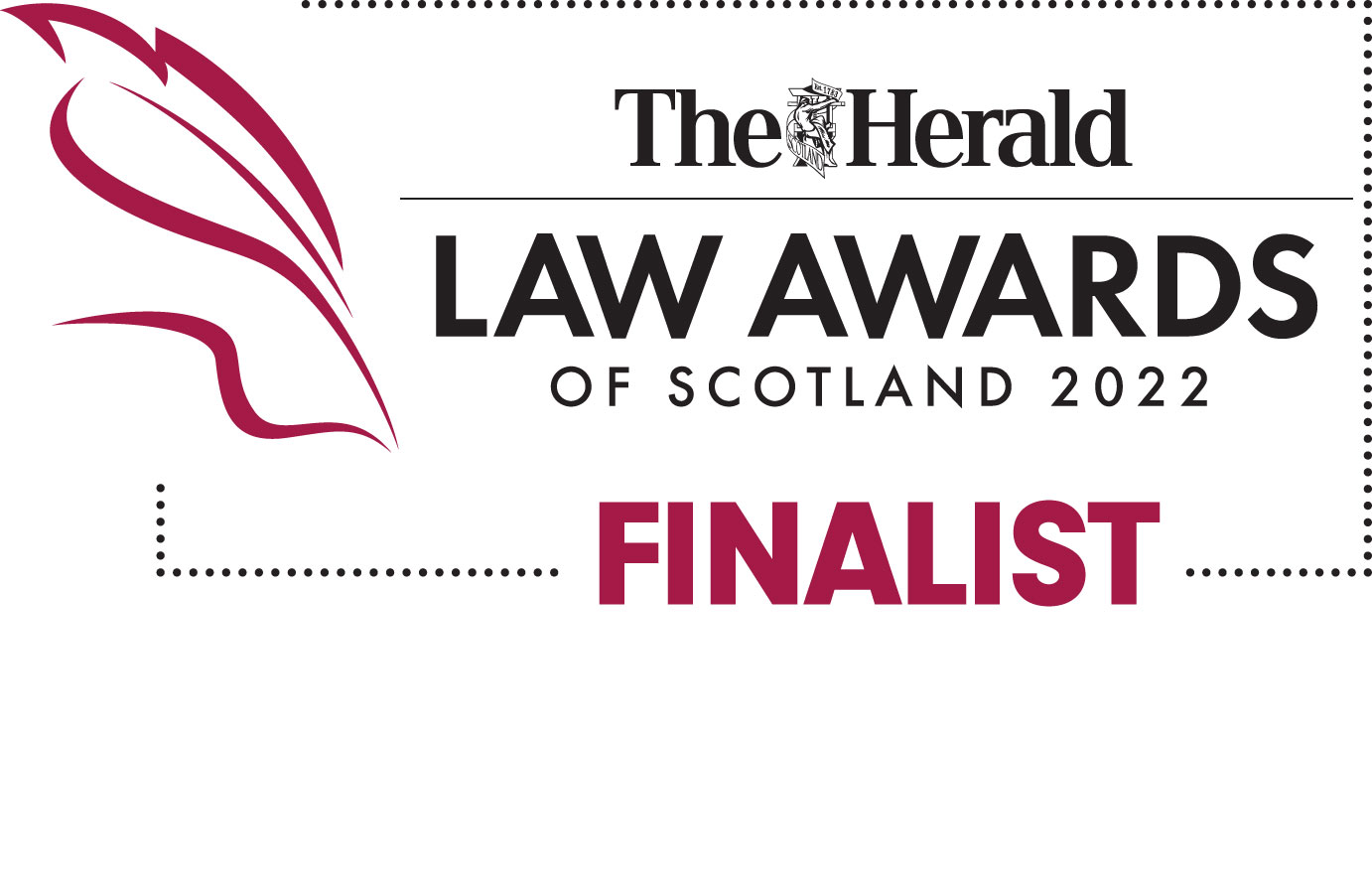Call us now: 0141 429 8166
Call us now: 0141 429 8166
Suspending occupancy rights in matrimonial/family home
Spouses/civil partners and cohabitants cannot be excluded from their home if they have occupancy rights, unless there are bail conditions in force preventing them from attending the property or entering it, or an Exclusion Order is granted against them. The Exclusion Order suspends the occupancy rights. To be effective it must be combined with other orders such as a warrant for summary objection, and Interdict preventing the Defender from entering or remaining in the immediate vicinity of the home, and an order preventing removal of property/furnishings from the home. If you or someone you know needs advice on next steps, get in touch with our family lawyers on 0141 429 8166 today. We can provide bespoke, empathetic guidance, whatever your case.
When determining whether or not to grant one the court will consider the nature and quality of the alleged conduct, the likelihood of a repetition, whether the conduct would be injurious to the physical or mental health of the Pursuer or any child of the family, and whether the orders are necessary for the future protection of the physical or mental health of the Pursuer or child.
Interim Exclusion Order can be made an early stage in the proceedings following the court assigning a hearing and the other party receiving notice of same and the opportunity to attend at the hearing. Where the property in question is rented or occupied with consent of a third party, such as a heritable creditor, intimation of the orders sought must also be made on the third party.
Exclusion Orders and other protective orders can be ancillary to a crave for Divorce or applied for separately. They can be varied or recalled on the application of either party. They will cease to have effect for spouses/civil partners on the termination of the marriage/civil partnership by divorce, annulment or death; when the entitled spouse/cohabitant/civil partner ceased to be so entitled for example by repossession of the house, termination of employment where the house is provided by an employer; or where the parties are occupying the house by permission of a third party and that permission is withdrawn.
If you need advice on your case, please get in touch with our team on 0141 429 8166 or complete our online contact form.


Livingstone Brown is a leading firm of Scottish solicitors. Based in Glasgow, but dealing with cases around the country, the firm has been at the forefront of legal service provision for over thirty years.
If you have a legal problem, getting good quality legal information at the earliest stage can be invaluable. The firm offers a free initial enquiry service; all you have to do is call in, telephone, or e-mail. You won't be charged for your enquiry; we'll let you know by return whether we can help, what we can do, and how much it's likely to cost. We can also offer legal aid where available.
Led by former senior partner Gerard Brown CBE, who continues as a consultant, the firm has built up an enviable reputation for quality of service and client care.
The firm has won various awards over the years. In the 2019 edition of the prestigious Legal 500 rankings Livingstone Brown was ranked as a 'top-tier' firm for general criminal work, and is also recommended for fraud cases. Stuart Munro and Gerard Brown were named as 'Recommended Lawyers'. In the Chambers directory the firm has a Band 1 ranking for criminal work, and Stuart Munro is a ranked financial crime lawyer. The firm was named Criminal Defence Firm of the Year and Family Law Team of the Year at the Scottish Legal Awards 2019.
Reliable, expert advice you can trust. Get in touch today










AWARD WINNING, SCOTTISH SOLICITORS